JCIE Publications | Corporate-NGO Partnership in Asia Pacific
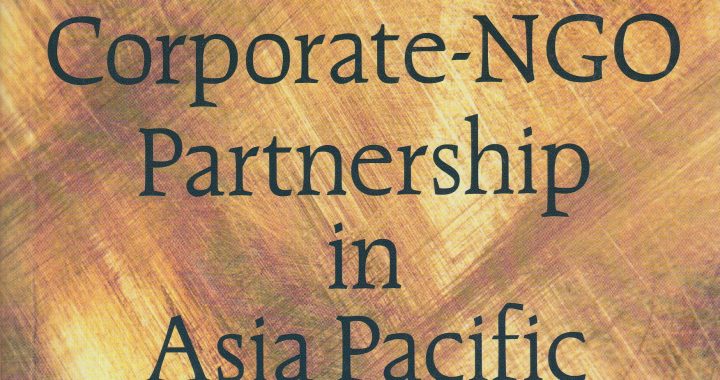
This book examines the emerging trends in the Asia Pacific region that have encouraged the formation of partnerships between corporations and nongovernmental organizations.
JCIE Publications | Asia Pacific Security Outlook 1999
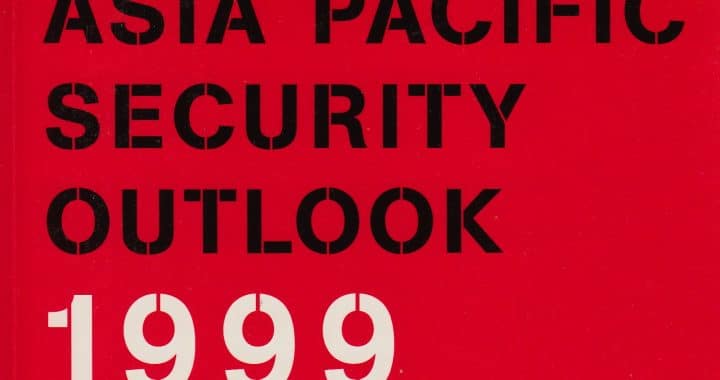
This book assesses national perceptions of regional security, key defense issues, and the contributions to regional and global security of seventeen member countries of the ASEAN Regional Forum in 1999.
JCIE Publications | Asia Pacific Security Outlook 1998

This book focuses on the changing perceptions of national security, including traditional issues such as the Korean peninsula and territorial disputes; this edition also focuses on the importance of the Asian financial crisis.
JCIE Publications | Asia Pacific Security Outlook 1997

This edition focuses on subjective perspectives on topics specific to Asia Pacific, such as national security, key defense issues, and national contributions to regional and global security.
JCIE Publications | Europe and Japan: A Relationship in Search of Roles
The author details obstacles to closer European-Japanese security cooperation; additionally, he identifies areas for cooperation, such as nonproliferation of nuclear weapons and negotiations with the Soviet Union.
JCIE Publications | The New Asia-Pacific Order: A Summary Report
This report summarizes five issues raised at the New Asia-Pacific Order Conference: sustainability of economic dynamism; regional groupings in the next decade; major power shifts; a new security architecture; and globalization, particularism, democratization, and human rights.
US Congressional Staff Exchange
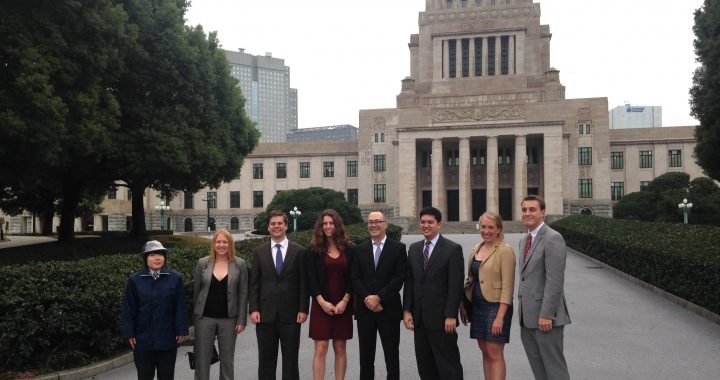
JCIE established the US Congressional Staff Exchange Program in 1982 in recognition of the vital role Congressional staff play in policymaking. The one-week program provides senior Congressional staffers with the opportunity to meet Japanese legislators and policymakers and give them a sense of the Japanese policymaking process as well as political, economic, and societal trends.
Trilateral Commission
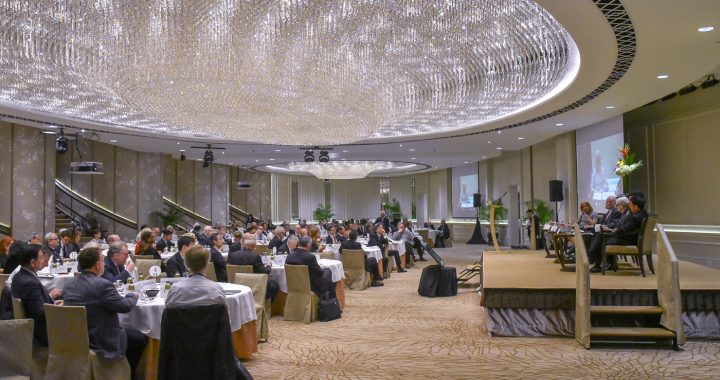
Founded in 1973, the Trilateral Commission is a nongovernmental forum of leading private citizens from Europe, North America, and Japan (now including all of Asia Pacific) that aims to promote mutual understanding and closer cooperation on common problems facing these three major democratic, industrialized regions of the world.
JCIE Publications | International Philanthropy Project of the Japan Center for International Exchange
This paper details the history of JCIE’s project, which was created to assist Japanese nonprofit foundations in developing contacts and working relationships with their American and European counterparts; this later expanded to exchange joint projects.
JCIE Publications | Engaging Russia in Asia Pacific
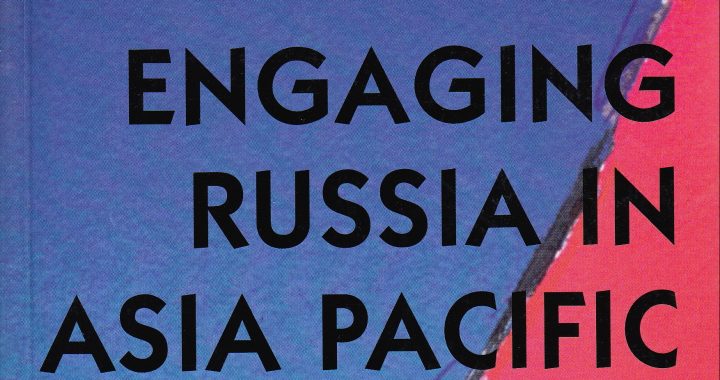
This study suggest how Asian countries could exhibit their commitment to engaging Russia in Asia Pacific, as Russia undergoes a transformation in the post-cold war world.


